
<< · I · II · III · IV · V · VI · VII · VIII · IX · X · XI · XII · XIII · XIV · XV · XVI · XVII · XVIII · XIX · XX · XXI
14th Transatlantic Students Symposium
The Politics and Culture of Resilience:
Adapting to a Changing Environment
Humboldt-Universität zu Berlin, Oregon State University,
University of Warsaw
California and Oregon, March 18-27, 2016



Program Description
How prepared are we for change? Will our infrastructures, our economies, our societies, our cul-tures, and we, ourselves, be able to cope with challenges both foreseen and unforeseen? What will need to be done to maintain or improve our standard of living, or, in some cases, in order to survive?
These are just some of the key questions that arise when talking about resilience. Originally based on research in psychology and ecology, resilience studies provide an interdisciplinary approach to investigate reactions to change and to suggest solutions for contemporary problems. Of greatest concern amongst these is probably climate change, and in its wake associated problems affecting environments and populations around the planet. Further critical issues around the globe include demographic change, urbanization, environmental degradation, migration, and an apparent increase in the number of conflicts and wars. Resilience puts the research focus on adaptation rather than merely on sustainability, and highlights change as the norm rather than the exception.
The 14th Transatlantic Students symposium seeks to approach the concept of resilience from sever-al aspects, namely studies of (1) environmental, energy and social policy, (2) diversity as a key component within resilience studies, as well as (3) narrative frameworks and approaches towards the topic of resilience from within cultural and literary studies, as follows:
Environmental, Energy, International and Social Policy: With respect to resilience, these three policy research areas focus on the ability of societies and individuals to adapt to an en-vironment that has seen more drastic changes than in previous centuries. Questions of main-taining an environment that sustains both human populations and biodiversity are intricately linked with securing a safe and sustainable energy supply. This, in turn, has always been linked to matters of international and security policy, specifically after the events and aftermath of 9/11 and the ensuing global economic crisis that have entailed continuous challenges to the idea of a predictable world order. The capacity of human societies to manage such un-certainties - which seem to have become the norm - is then a question for social policy re-search.
Diversity: One of the core findings of resilience studies is the importance of diversity, both in terms of biodiversity (from a perspective of environmental policy) and in the acknowledge-ment and embracing of the diversity of human cultures and individuals (from a social policy point of view). Specifically, the political and economic dimensions of resilience are related to current debates on migration, immigration and emigration in both the US and Europe as they frequently address questions of negotiating economic resilience vs. national politics, and in the case of indigenous and minority populations, also their very adaptability, their endurance and survival (or survivance, as Gerald Vizenor calls it).
Cultural Studies of Resilience: To students of literature and culture, resilience is an old topic. It has been present in the formation and construction of national identity narratives (in the case of the US, Puritan cultural resilience, F. J. Turner and resilience, for instance; in the case of the EU, current debates about the purpose of European integration) and their central constituents such as the "American Dream" (also in the context of immigration narratives) as well as resilience as a theme in American literature of transcendentalism in the 19th century, the literature of the 1930s, dealing with the "dust bowl" and the world economic crisis, and in African American, Asian American and Native American literature that is informed by particular cultural concepts and narratives of resilience. Yet power can never be divorced from the equation, if we follow Foucault and the biopolitical turn. This concerns specifically discussions about biopolitics, national identities vis-ā-vis minorities and immigrants.
The choice of Southern California as a research site for the symposium will provide ample material to study the effects of the current drought, to investigate matters of energy policy, and to survey a wide variety of social and cultural contexts as well as practices in an interdisciplinary fashion.
Symposium Week Field Trips
Workshops: U of South California - Workshop with John Carlos Rowe on Transnational Policy
Site Visits: Old San Diego Mission, Chicano Mural Restoration Park, Torrey Pines State Natural Reserve; Golden Acorn Casino; Salton Sea; The Living Desert, Indian Canyons; Los Angeles Pueblo, Griffith Observatory, Hollywood Boulevard, La Brea Tar Pits, Exposition Park; Devil's Churn State Park
Institutional Visits: Agua Caliente Indian Reservation, Simon Wiesenthal Museum of Tolerance, Eso Won Book Store, St. Elmo Village, Siletz Indian Reservation, Hatfield Marine Science Center
Total participants: 29
Organizers
Dr. Philipp Kneis, Dr. Allison Davis-White Eyes,
Dr. Brent Steel, Kali Furman (OSU),
PD Dr. Reinhard Isensee (Humboldt),
Dr. Tomasz Basiuk (Warsaw)
Student Organizers
Leon Fritz, Venera Kozueva, Franziska Schulze (Humboldt-Universität zu Berlin), Daryl Adkins, Nathan Davis (Oregon State University), Aleksandra Leniarska (Warsaw University)
Student Participants (not organizers)
17 (Humboldt: 9, OSU: 6, Warsaw: 3)
Conference Program
Complete Report on the 14th Symposium
Syllabus for Preparatory Class at OSU
Partners and Supporters
Humboldt-Universität zu Berlin: International Office,
Humboldt-Universität, Philosophical Faculty II,
American Studies Program,
Humboldt-Universität, Students Union English and American Studies
Oregon State University:
Public Policy Graduate Program,
Diversity & Cultural Engagement (Intercultural Student Services)
University of Warsaw, American Studies Center
Holiday Land Richter Reisen, Berlin
see also: Latest Program Report
back to: Symposia
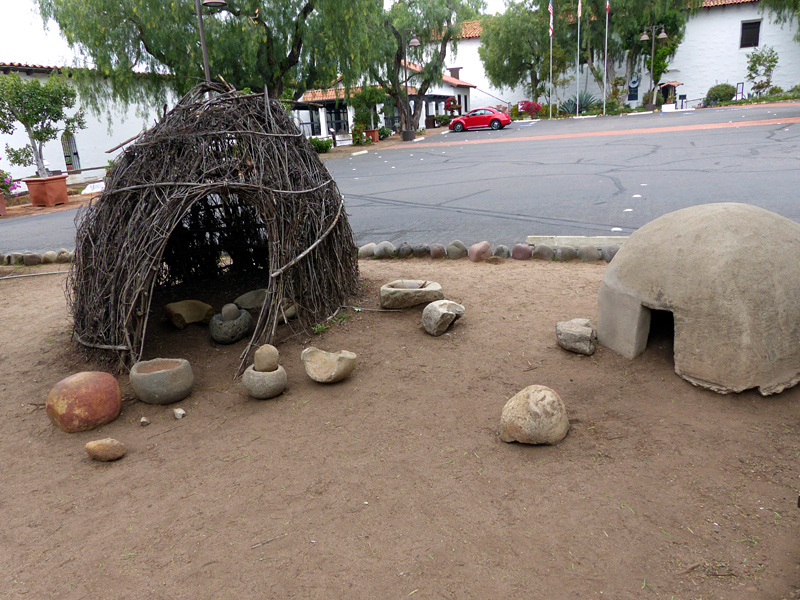
San Diego Mission Museum
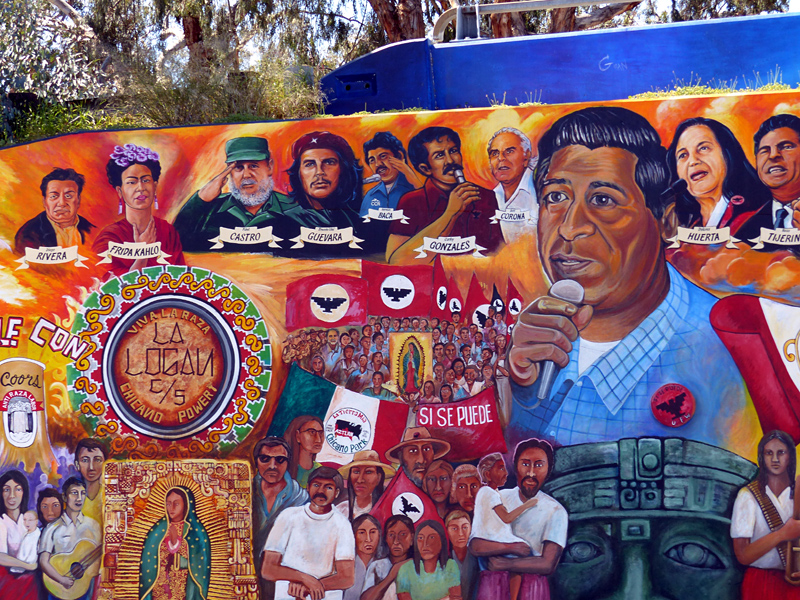
Chicano Mural Restoration Park
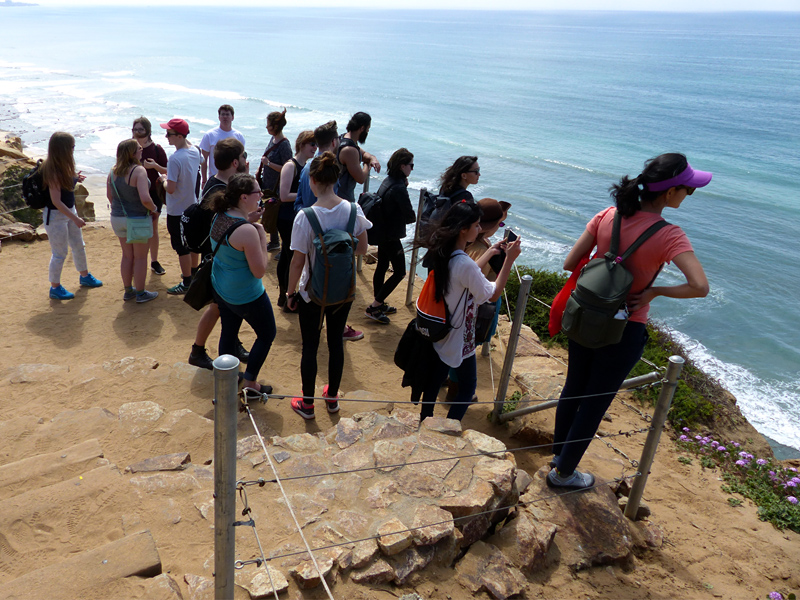
Torrey Pines
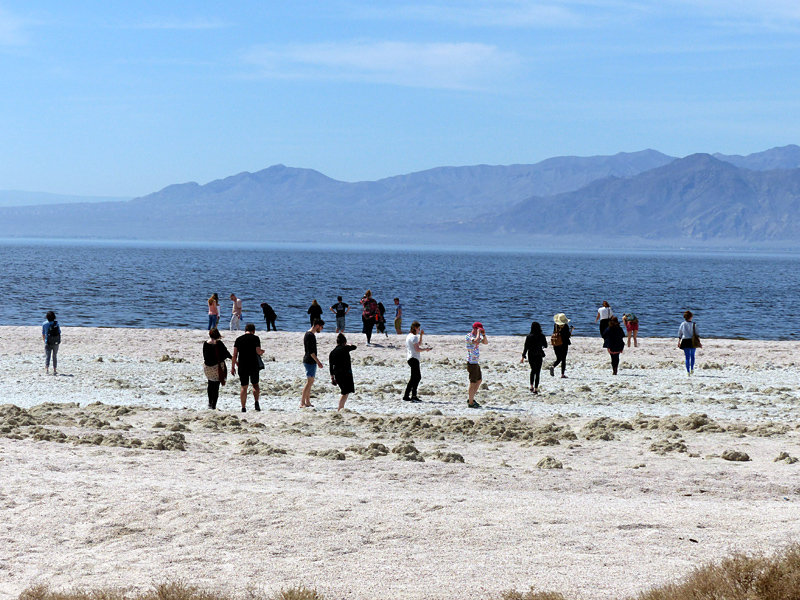
Salton Sea
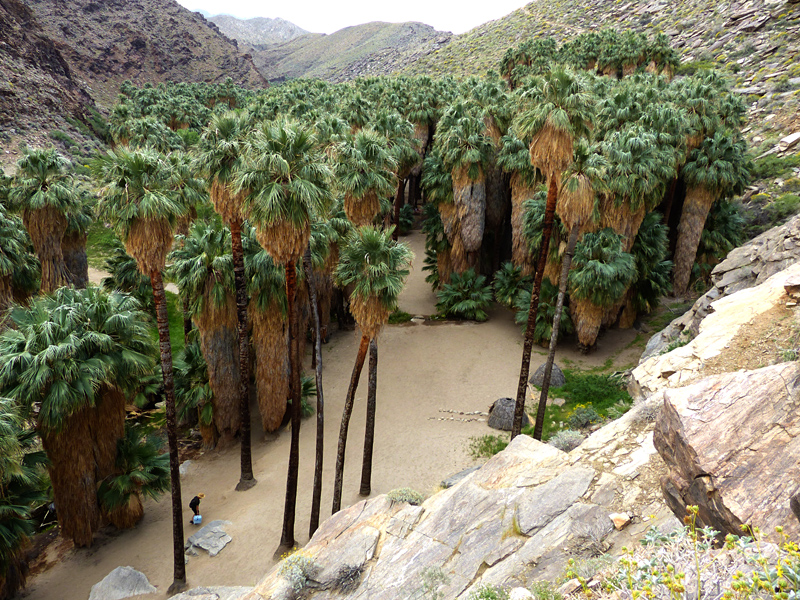
Indian Canyons, Agua Caliente Indian Reservation

Simon Wiesenthal Museum of Tolerance, Los Angeles
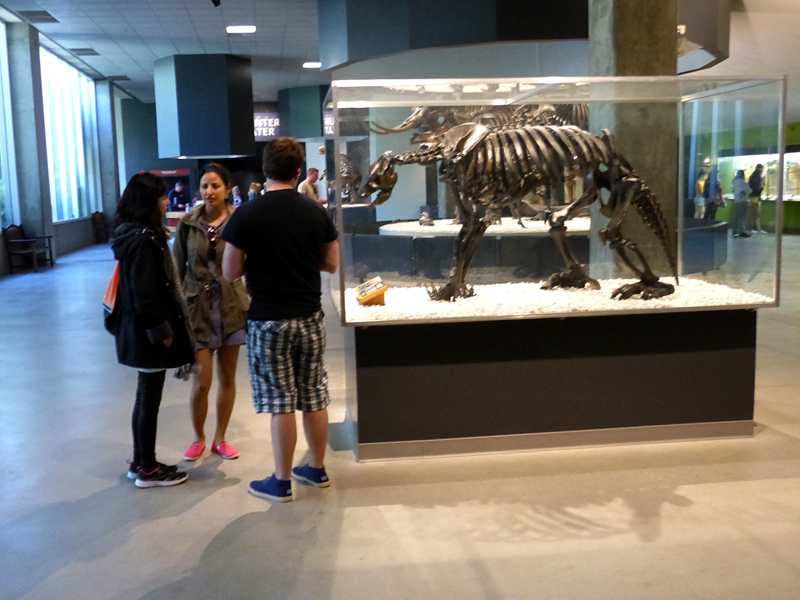
La Brea Tar Pits Museum, Los Angeles
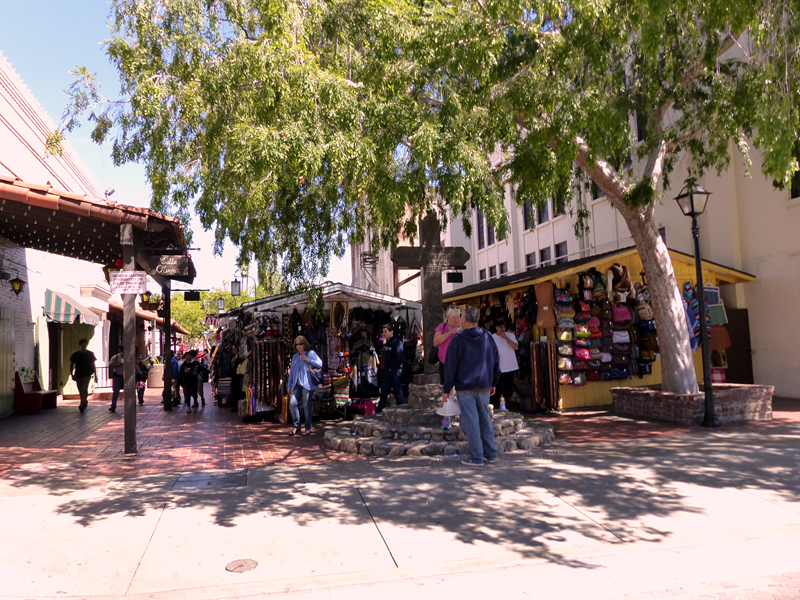
Pueblo, Los Angeles

Hollywood Hills, Los Angeles
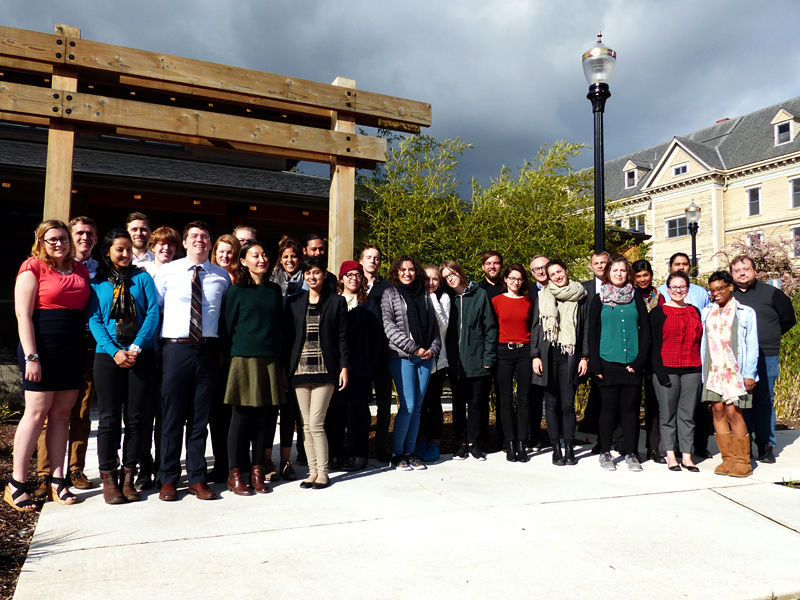
The Symposium Group at the Asian Pacific Cultural Center, OSU
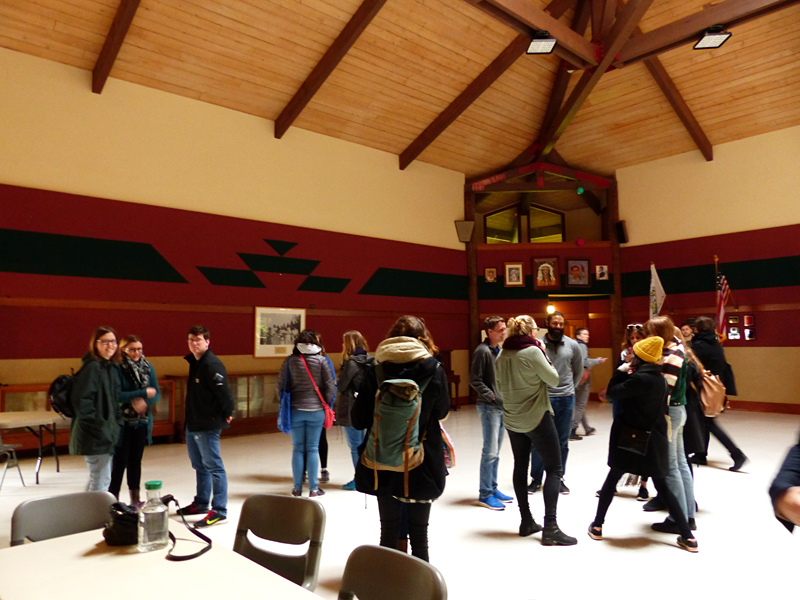
Siletz Indian Reservation
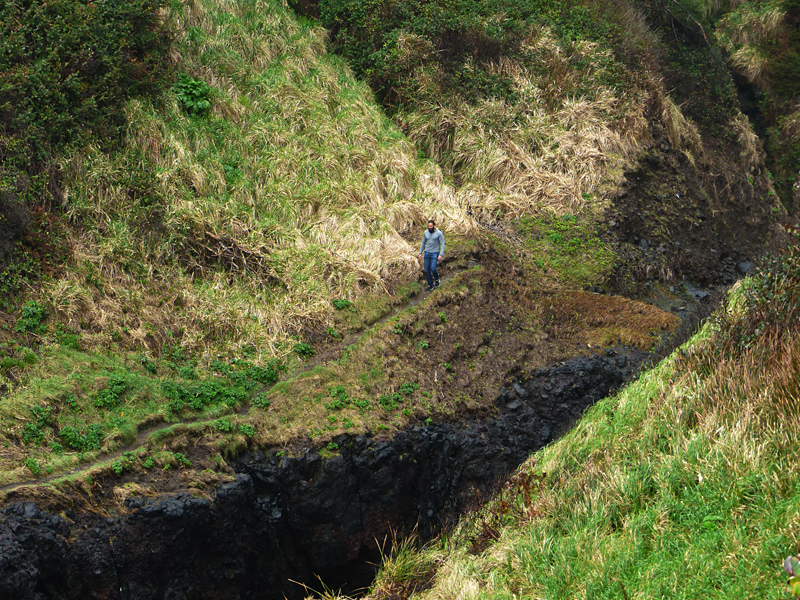
Devil's Churn, Oregon Coast